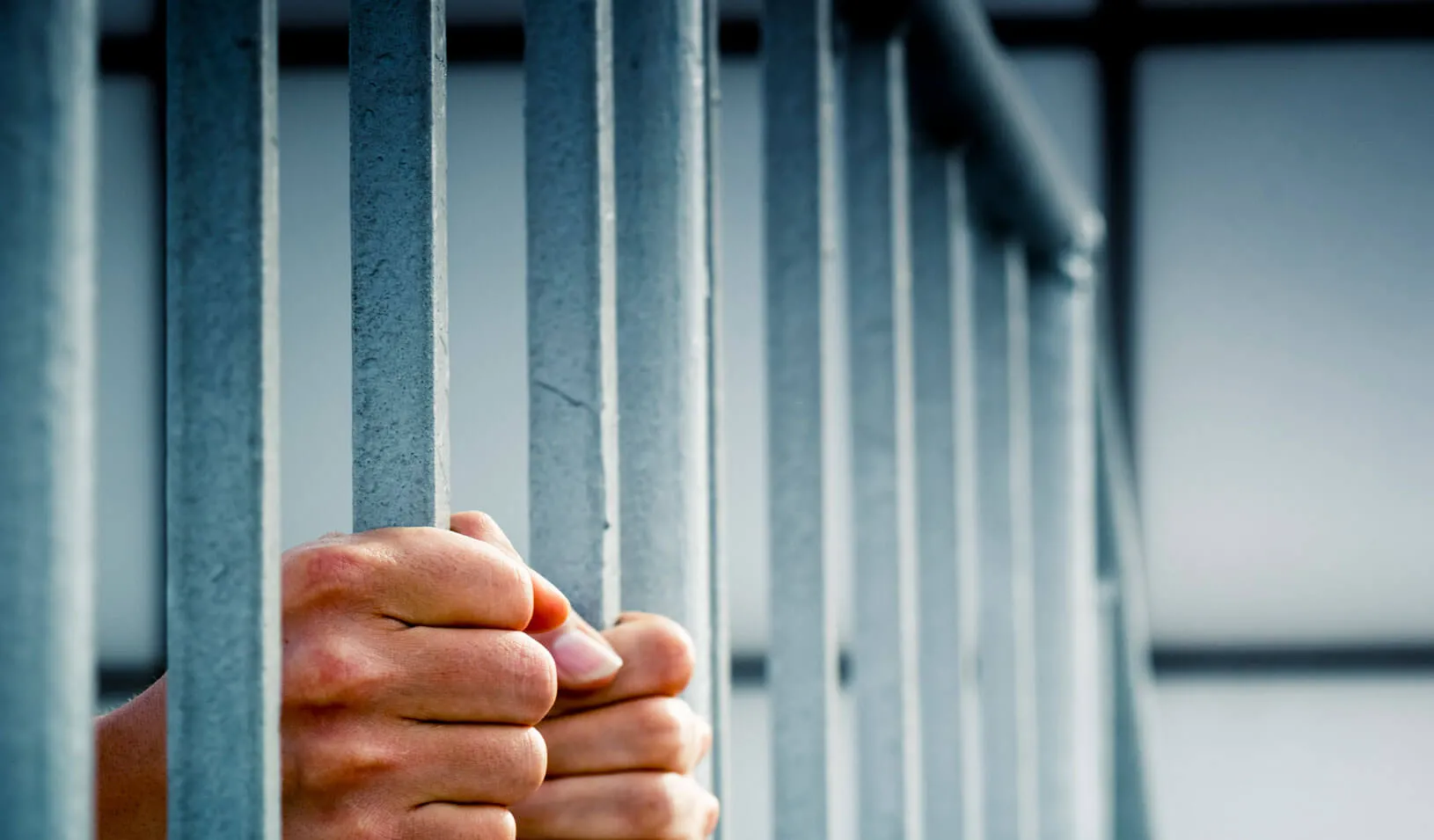July 25, 2017
| by Bill SnyderBig fines paid by businesses that break the law provide no incentive for companies to change cultures that lead to that illegal activity, says Jed S. Rakoff, a senior judge on the bench of the United States District Court for the Southern District of New York.
Even large fines and bad publicity are often viewed as a cost of doing business rather than a deterrent for companies that break the law.
And a common federal tactic, so-called “deferred prosecution,” is in effect a “get out of jail free” card for executives, says the jurist.
Although the public might like to see accused executives wind up behind bars, they don’t because the U.S. Department of Justice finds it easier to prosecute corporations instead of the people who run them, he says. Rakoff spoke to Insights during a recent visit as part of Stanford GSB’s new interdisciplinary Finance and Society Visitor Program, organized by Anat Admati, the George G.C. Parker Professor of Finance and Economics. Rakoff’s work as a prosecutor is covered in Jesse Eisinger’s recently released book The Chickenshit Club: Why the Justice Department Fails to Prosecute Executives. Eisinger, a journalist, also came to Stanford as part of Admati’s visitor program.
What incentive would work to change corporate behavior? The threat of prison, says Rakoff. “I found that to a person, [executives accused of white-collar crimes] feared prison, and they feared it mightily. They would have paid any amount of money, done anything to avoid going to prison. So prison does have a major deterrent effect,” he says.
Rakoff spent seven years prosecuting white-collar criminals as a federal prosecutor before shifting to a private practice, where he defended many of them for 15 years. He was appointed to the federal bench by President Bill Clinton in 1995 and now hears cases stemming from alleged criminality by corporations at the heart of this country’s financial system.
Unlike many federal judges, Rakoff has spoken out extensively on a variety of broad legal issues. He is the author of five books, 135 published articles, 600 speeches, and 1,500 judicial opinions. Rakoff says he feels it is part of a federal judge’s role to educate the public and legislators about the need to rethink the way white-collar crime is prosecuted and punished.
Deferred Prosecution: Not Just for Juveniles
Until the late 1990s, the United States, along with most of the developed world, prosecuted individuals — not corporations — in cases of white-collar crime. That had been the prevailing view of the Department of Justice for decades and it made a good deal of sense, Rakoff says. “Corporations are not robots that go out and commit crimes by themselves.”
The practice changed for a variety of reasons, Rakoff says, but the driving factor was cost. Building a criminal case against a high-level executive is a lengthy and complex process. It can take several years of patiently “flipping” low-level members of an organization to compile enough evidence to prosecute the people at the top. There’s always a danger that the low-level types will lie to save their necks, and there’s no guarantee that the work will result in a prosecution, let alone a conviction.
But prosecuting a corporation is faster and cheaper, Rakoff says. “Corporations can’t be in a state of perpetual war with the government. The stakes are too high. You know in advance that sooner or later they will come to terms and it will never go to trial.” Plus there’s a bonus for ambitious prosecutors: “If packaged right, prosecution of corporations can be politically appealing.”
As prosecutors changed strategy, they began to use a tactic called “deferred prosecution.” As Rakoff recounted in an article that appeared in the New York Review of Books in 2015, deferred prosecution came into vogue in the 1930s, as a way to help juvenile offenders. Prosecutors could defer prosecution of a juvenile if the young offender agreed to enter a rehabilitation program. Offenders who completed the program would not be charged.
By the late 1990s, prosecutors agreed to defer corporate prosecution if the business agreed to pay a fine and to adopt various measures designed to “rehabilitate the company’s culture,” Rakoff wrote.
Deferred prosecutions averaged 35 a year between 2007 and 2012, the last year for which data are available. According to Rakoff, crimes for which prosecution was deferred “included felony violations of the securities laws, banking laws, antitrust laws, anti-money-laundering laws, food and drug laws, foreign corrupt practices laws, and numerous provisions of the general federal criminal code.”
Deferred prosecution of white-collar crime has been used for some 20 years, more than enough time to see if it has served as a deterrent to crime or encouraged positive changes in corporate culture. It hasn’t, Rakoff says.
He pointed to research by the U.S. Sentencing Commission, which found that more than half of the people who committed serious fraud offenses in the last few years were recidivists. That figure suggests “that the practice of going after companies but not individuals has not changed the corporate culture in which most white-collar crimes are committed,” Rakoff says.
But even if deferred prosecution were effective, Rakoff says, “it would not excuse not going after the individuals, because they are still the people who did the crime.”
For media inquiries, visit the Newsroom.






